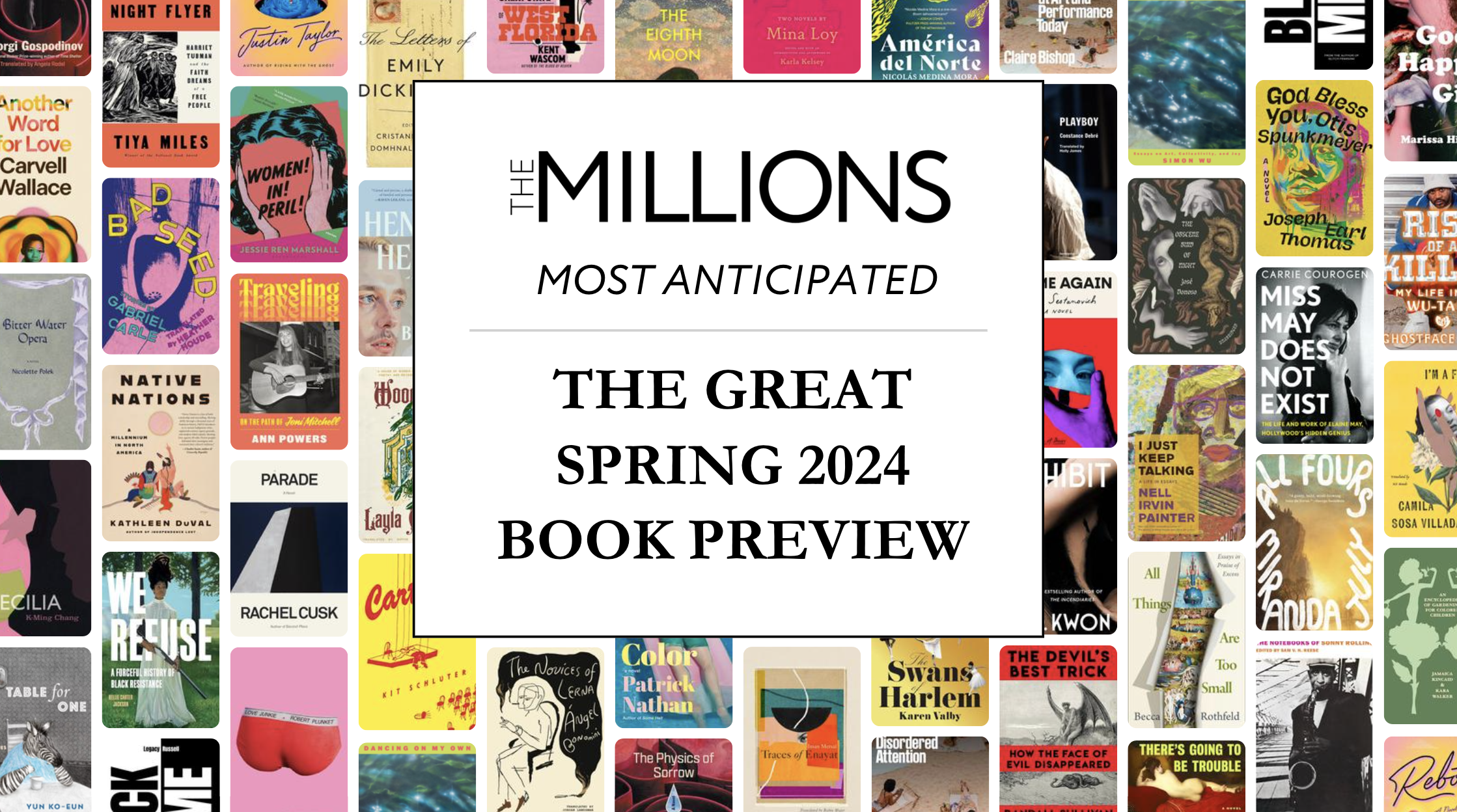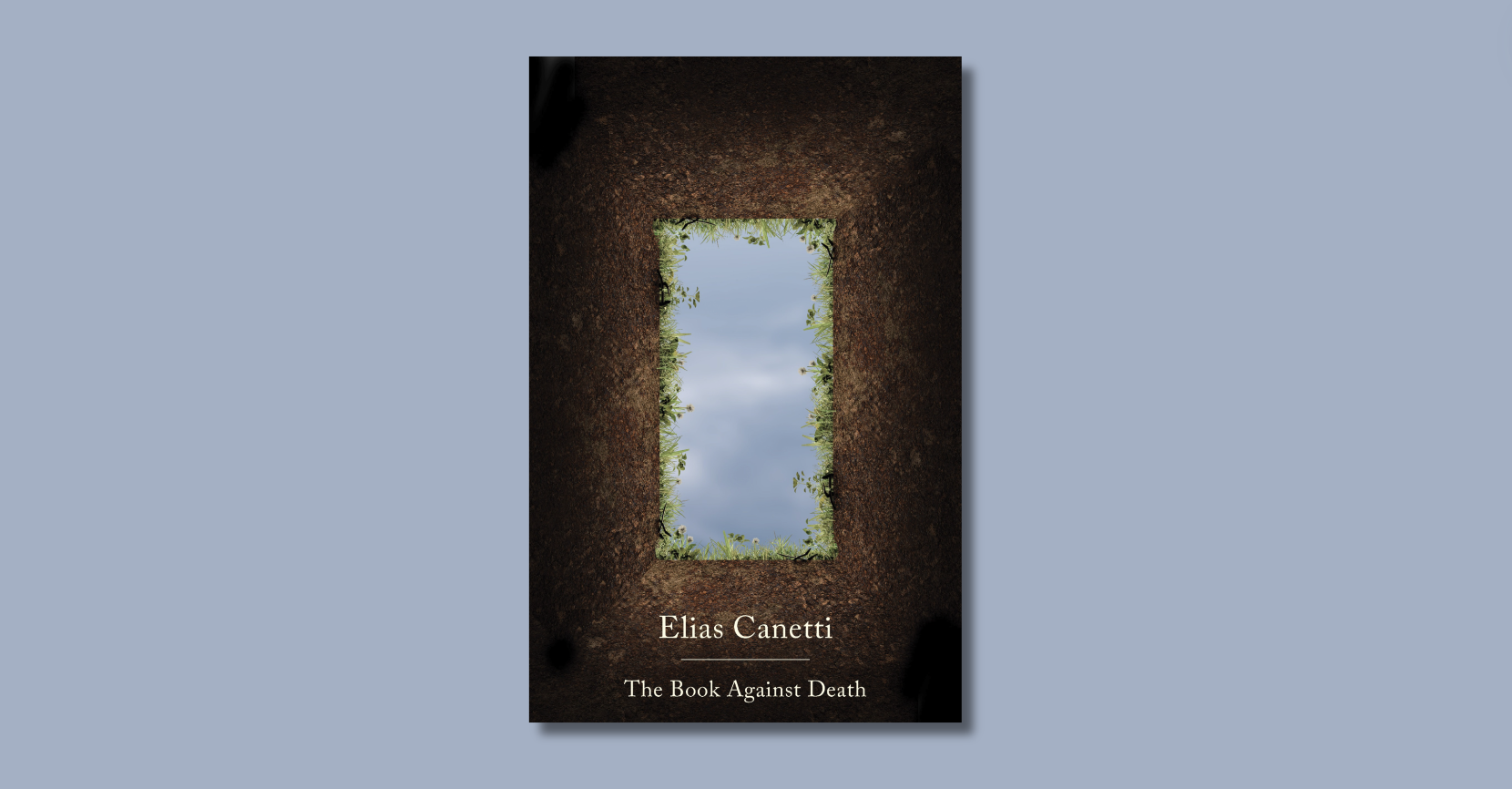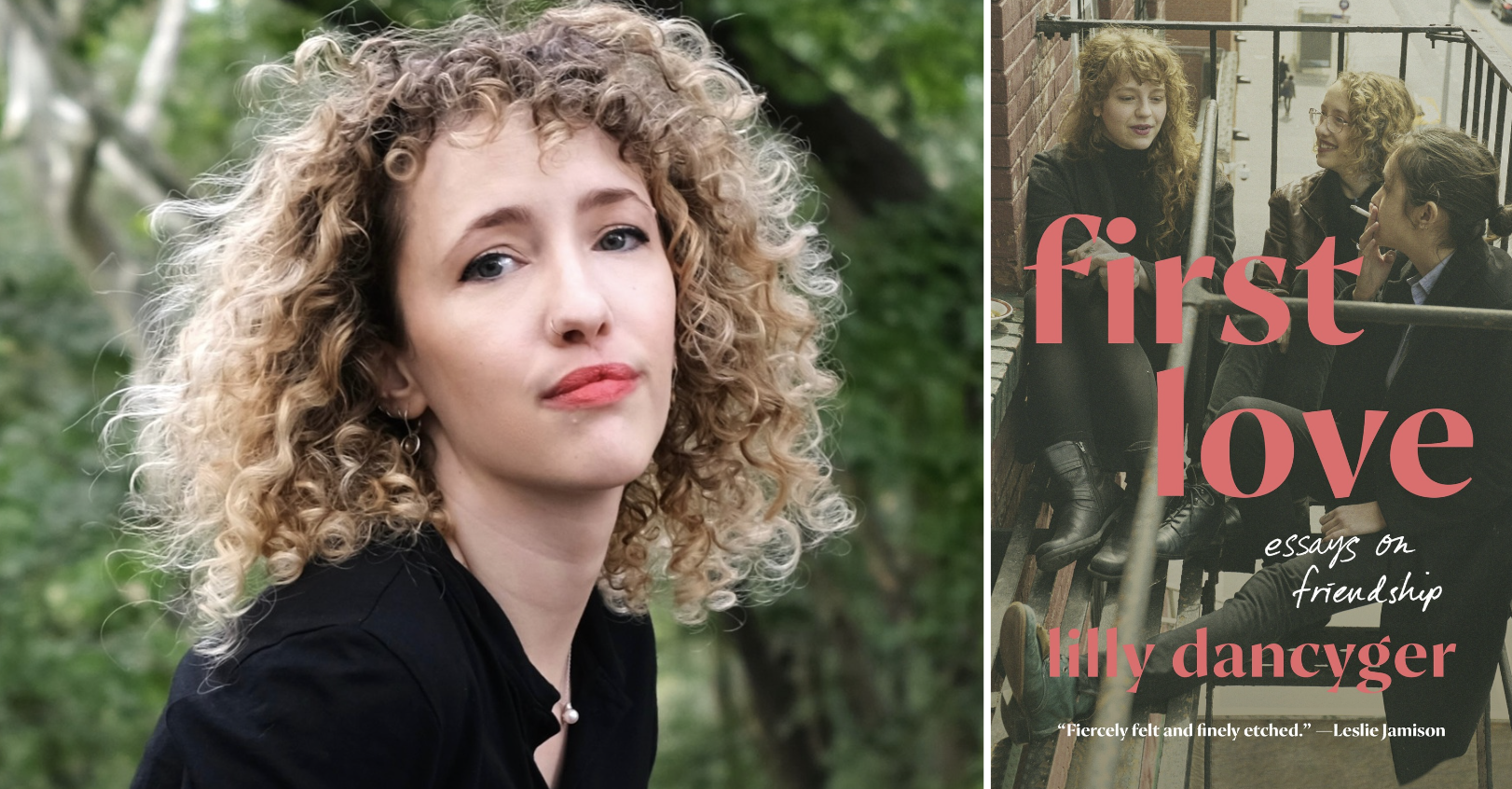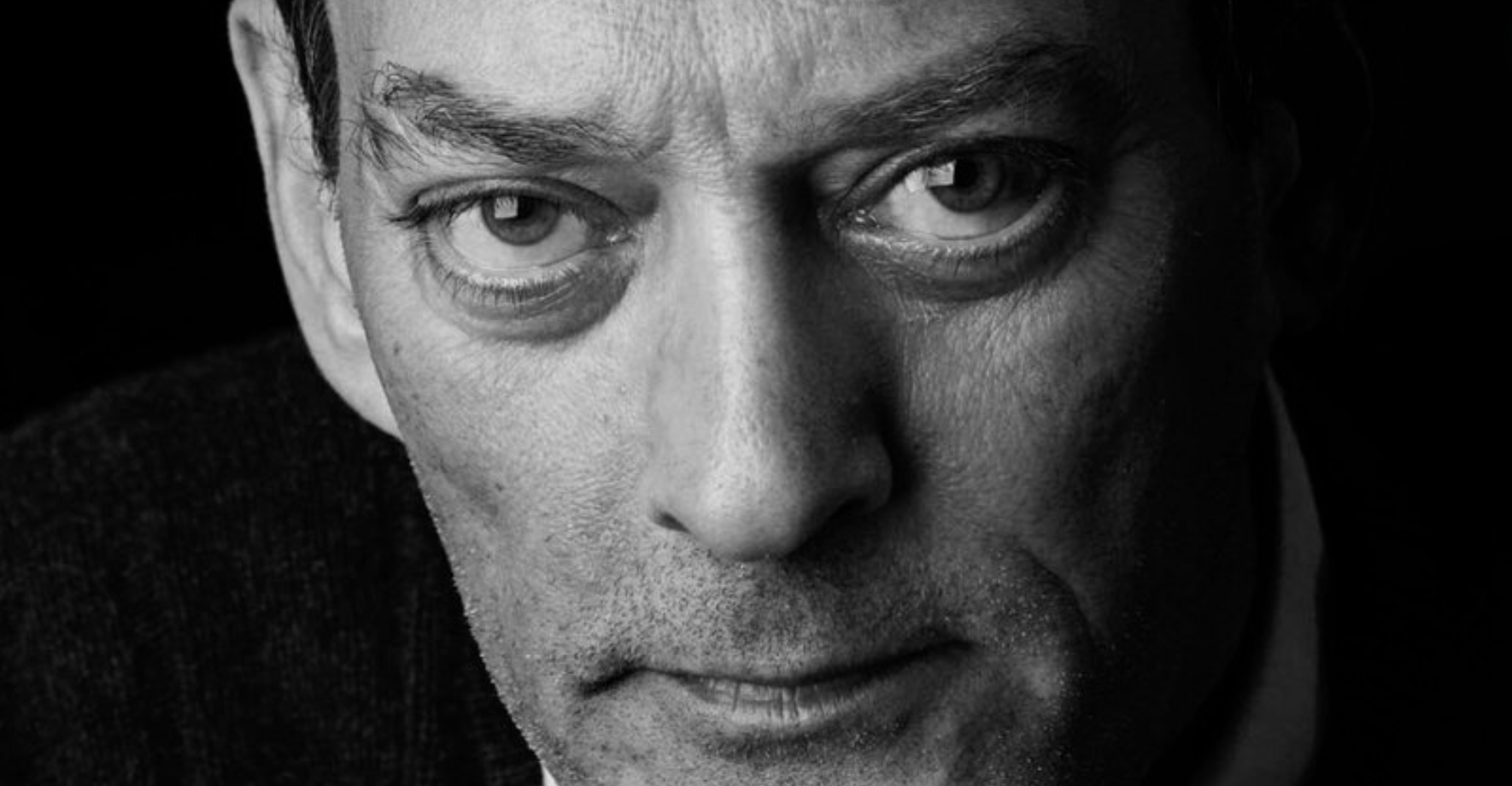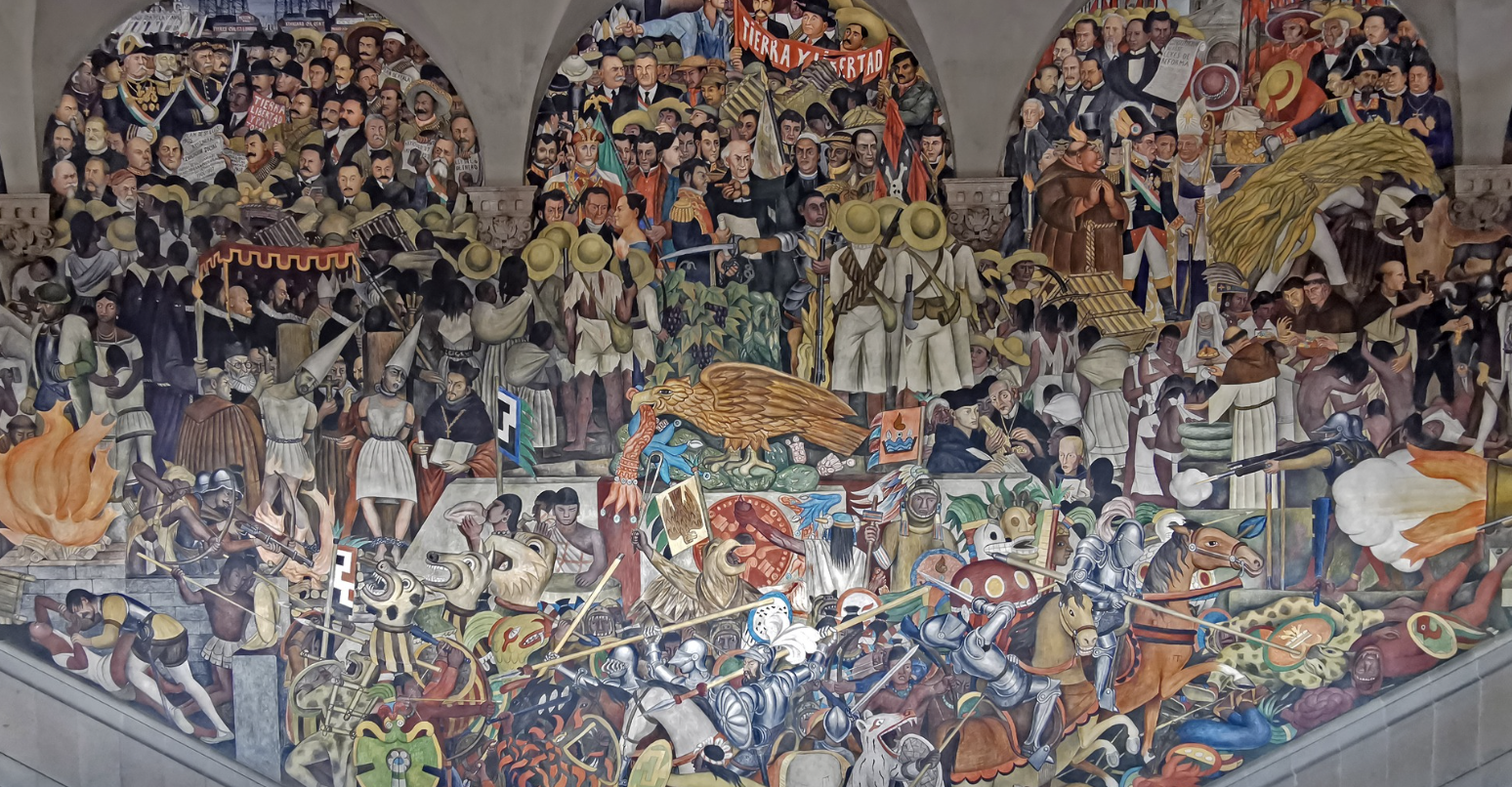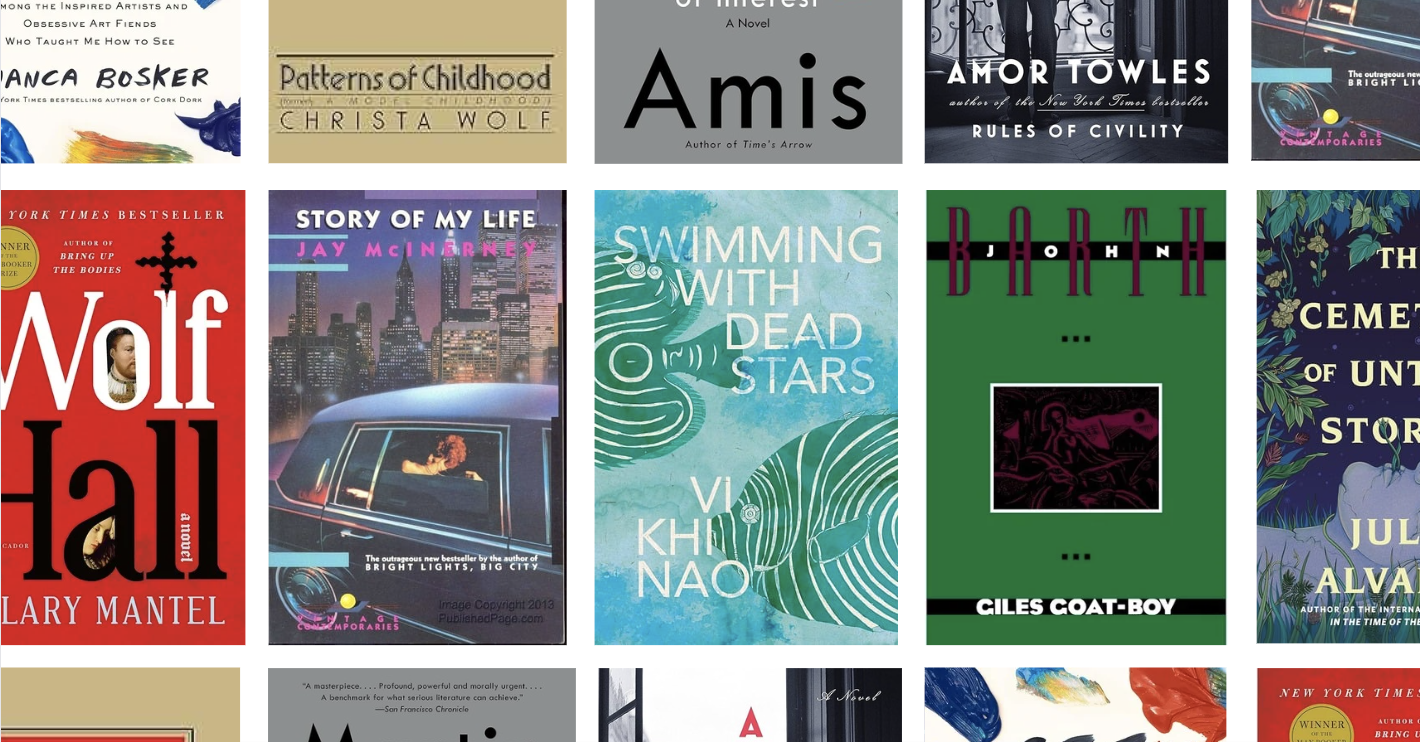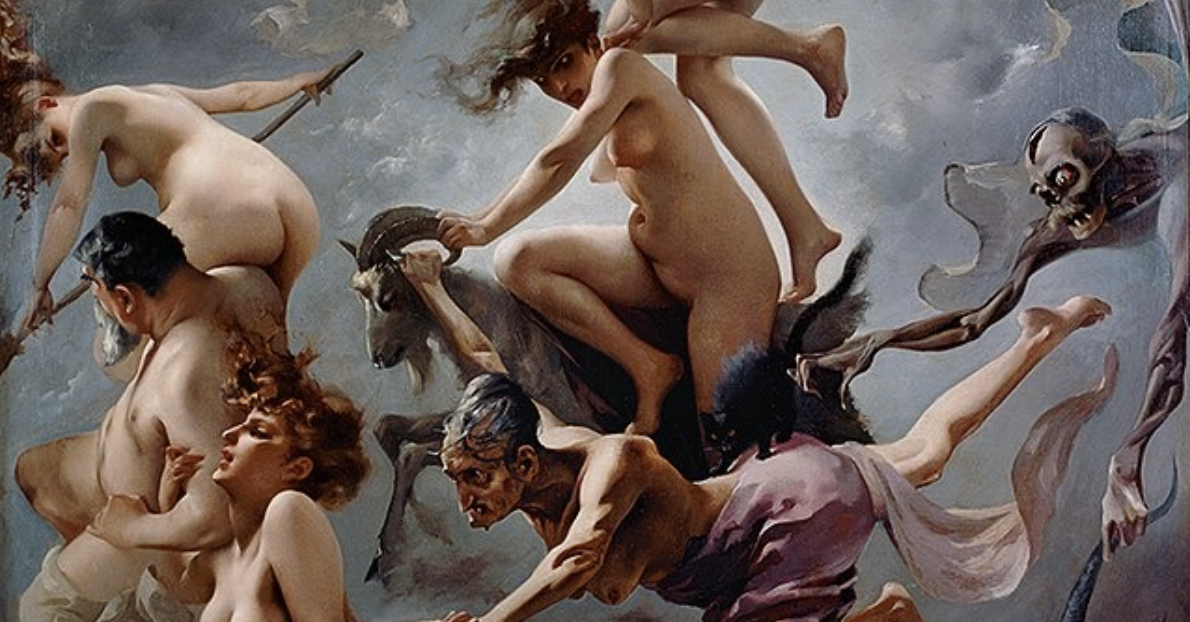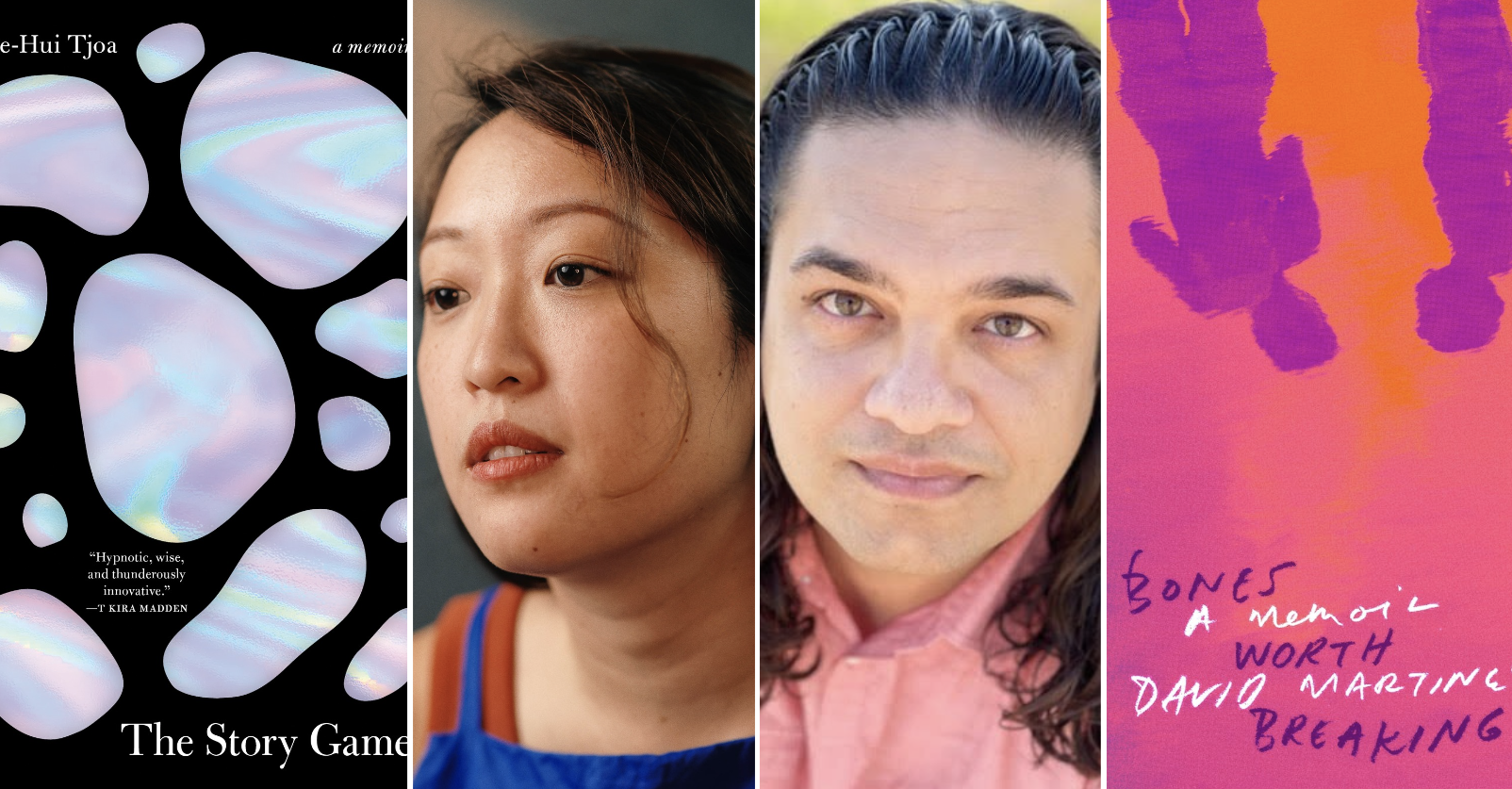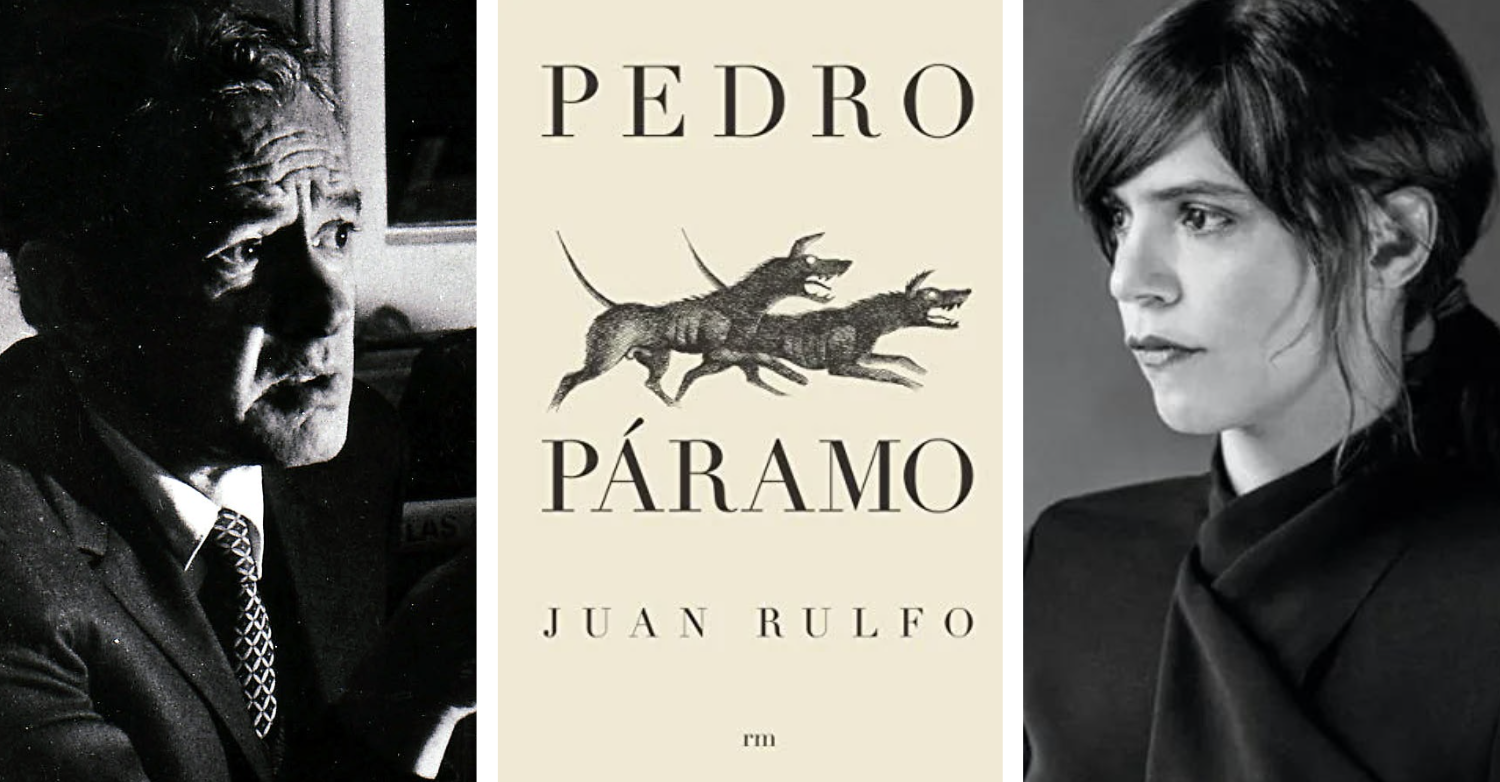
In my last semester of graduate school, I sat in my advisor’s office discussing with him my struggle with plot. I didn’t much care about it, and it felt unnatural to graft it onto my stories. He said that my strength was “an ear for language,” which was something I’d heard before. Toward the end of the meeting, he declared, a bit too casually, “You know, maybe you’re actually a poet.”
My heart sank. Too little too late, I thought. I was 25 and had never written a poem in my life. To this day, I confess the idea haunts me a little. But prose writers don’t up and become poets. It just doesn’t happen. Or does it?
It certainly happens the other way around, and that’s always fascinated me. Whenever I teach Denis Johnson’s work, for example, I often save “the big reveal” for the end of the discussion: “Johnson started out as a poet. Can’t you tell?” The students nod and consider; some of them light up. There is a sense in which I am making a subtle argument — that “literary fiction” as a genre is in fact the fiction of poets: language-rich, language-precise, language-driven. Secretly, I want to fake like I actually was a poet before I started writing fiction; because that’s how you develop the full range of skill and originality.
Enter April Bernard, Idra Novey, and Jennifer Tseng — three talented poet novelists (among many more, I should say) who kindly took the time to answer some questions about moving between the genres, blurring the genres themselves, authorly identity, and their most recent works.
The Millions: Origin stories may or may not be revelatory here, but nonetheless: tell us how you started out as both a writer and reader. Were you most drawn to poetry, or prose, or both, or neither?
Jennifer Tseng: I began my writing life as a poet. Growing up in a bilingual household — one in which the relationship between sound and meaning was constantly being contested — plus years of classical music training, primed me for this. As a reader, I’ve always drawn equal (if different sorts of) pleasure from poetry and prose.
Idra Novey: I was equally drawn to poetry and prose as well, and to playwriting. I’d write scripts and perform them in the backyard with my stepbrother and kids from the neighborhood. I remember sitting in the grass scratching out lines that didn’t ring true once I heard them out loud. Even in fourth grade, I was a compulsive reviser.
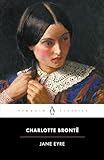 April Bernard: I liked all words, but I loved poetry. My mother read to us — there were four children, I was the third — all the time. Recently I found something I wrote in very big printing on lined paper, about the sound of the ocean snoring in its sleep; my first prose poem, when I was six. I always experienced poetry as something that needed to be heard as well as seen, that was in a way “public.” Fictional prose, especially by the time I was reading novels you can get lost in, like Jane Eyre, was a much more private affair. I never planned to write fiction; my one or two early efforts embarrassed me. But I never minded my own voice in my poems, even when I knew they were simple.
April Bernard: I liked all words, but I loved poetry. My mother read to us — there were four children, I was the third — all the time. Recently I found something I wrote in very big printing on lined paper, about the sound of the ocean snoring in its sleep; my first prose poem, when I was six. I always experienced poetry as something that needed to be heard as well as seen, that was in a way “public.” Fictional prose, especially by the time I was reading novels you can get lost in, like Jane Eyre, was a much more private affair. I never planned to write fiction; my one or two early efforts embarrassed me. But I never minded my own voice in my poems, even when I knew they were simple.
The Millions: Writers who start out writing poetry more often step over/switch into fiction writing than the other way around. I’m wondering how much you think this has to do with the nature and process of writing poetry itself, and/or how much this has to do with something else — and what that would be?
JT: As a writer’s experience deepens, it can become increasingly difficult to articulate meaning within the confines of a short form. Our greatest poets do this. Writers whose poetic impulses drive their prose (e.g. Borges, Anne Carson, Fanny Howe, Michael Ondaatje, Maggie Nelson) and writers whose story-telling instincts propel their poems (e.g. Ai, Claudia Rankine, Lois-Ann Yamanaka) further complicate the task of making distinctions. Indeed, another reader could reframe or reverse or refute these categories entirely.
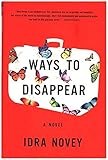 IN: Yes to refuting categories entirely! Anne Carson, Claudia Rankine, Maggie Nelson, so many of the most groundbreaking writers in the U.S. right now have eschewed traditional notions of genre. Most MFA programs in the U.S. require students to apply in one genre and stick to it, which I found incredibly inhibiting. Before getting boxed into the genre of poetry as an MFA student, I wrote mostly prose poetry. I also played around with languages, writing a draft in Spanish and the next in English while I was teaching in Chile after college and later in Brazil. It took me two poetry collections and four translations to get back to that kind of experimentation in Ways to Disappear.
IN: Yes to refuting categories entirely! Anne Carson, Claudia Rankine, Maggie Nelson, so many of the most groundbreaking writers in the U.S. right now have eschewed traditional notions of genre. Most MFA programs in the U.S. require students to apply in one genre and stick to it, which I found incredibly inhibiting. Before getting boxed into the genre of poetry as an MFA student, I wrote mostly prose poetry. I also played around with languages, writing a draft in Spanish and the next in English while I was teaching in Chile after college and later in Brazil. It took me two poetry collections and four translations to get back to that kind of experimentation in Ways to Disappear.
AB: While I would never legislate the distinction for others, I find that fiction and poetry do function very differently for me as a writer and come from utterly different impulses. The novels and short stories I have written are very much fictions, very much made up, and the difficult pleasures I had in writing them comes mostly from the thrill of making up whole worlds. In poetry, I am trying to describe the given world — however round-aboutly, however mischievously.
The Millions: Idra and Jennifer, your official biographies might suggest a linear movement from writing poetry (to significant acclaim) to writing fiction, chronologically speaking. April, you’ve written and published two novels and five poetry collections, and one of those novels was your second book. Can you each give us the “real,” less simplified version of your movement between writing poetry and writing fiction? (“Movement between” may even be oversimplified.)
 JT: I’ve been writing poetry and fiction since I was in my 20s. Because I’ve spent many years working on the same novel (still in progress) and I rarely write short stories, I’ve published very little fiction. Before my first published novel, Mayumi and the Sea of Happiness, which I wrote to escape this other novel, I was “known” as a poet.
JT: I’ve been writing poetry and fiction since I was in my 20s. Because I’ve spent many years working on the same novel (still in progress) and I rarely write short stories, I’ve published very little fiction. Before my first published novel, Mayumi and the Sea of Happiness, which I wrote to escape this other novel, I was “known” as a poet.
IN: The murky area between genres has always been the place where I feel most at home. As for how others viewed me as a writer, I suppose I was “known” mostly as a translator before my novel Ways to Disappear came out, or maybe as a poet-translator, and now as a poet-novelist-translator-essayist, occasionally. But regardless of which genre I have in mind, my attention is foremost on the sentences, how to inhabit them more deeply and risk something new in an image or a question that I hadn’t written toward in any sentence before it.

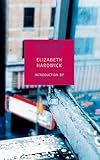
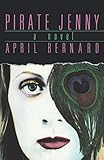 AB: The “real” story is that I never know what I am going to work on next, but that poetry is always cooking on the back burner and sometimes on the front burner as well. I wrote my first novel, Pirate Jenny, on a dare to myself (I was about to turn 30 and it was sort of a now-or-never moment) and then — while muddling along with poetry, working at magazines, then learning how to become a teacher and then also a mother — I wrote three more books of poetry that were published and at least two and a half novels that no one wanted to publish, probably because they were pretty bad. As Elizabeth Hardwick wrote in Sleepless Nights, “Even bad artists suffer,” and the bad fiction writer in me suffered a great deal over those 15 years. Then my second novel, Miss Fuller, possessed me entirely for seven years, until it was published in 2012. Once that was written and I knew it was okay, I started writing my first short stories and have published two — I want to write many more eventually. I love the short story form and feel more like myself in that form than in the longer novel form. A very long answer to a complicated question — but I need to add that I now do typically write poetry and fiction “at the same time,” meaning, during the same month. Not on the same day.
AB: The “real” story is that I never know what I am going to work on next, but that poetry is always cooking on the back burner and sometimes on the front burner as well. I wrote my first novel, Pirate Jenny, on a dare to myself (I was about to turn 30 and it was sort of a now-or-never moment) and then — while muddling along with poetry, working at magazines, then learning how to become a teacher and then also a mother — I wrote three more books of poetry that were published and at least two and a half novels that no one wanted to publish, probably because they were pretty bad. As Elizabeth Hardwick wrote in Sleepless Nights, “Even bad artists suffer,” and the bad fiction writer in me suffered a great deal over those 15 years. Then my second novel, Miss Fuller, possessed me entirely for seven years, until it was published in 2012. Once that was written and I knew it was okay, I started writing my first short stories and have published two — I want to write many more eventually. I love the short story form and feel more like myself in that form than in the longer novel form. A very long answer to a complicated question — but I need to add that I now do typically write poetry and fiction “at the same time,” meaning, during the same month. Not on the same day.
The Millions: I’m curious about the question of writerly identity: does it matter to you whether you are considered primarily a poet, or a novelist (or an essayist, or screenwriter, or critic, or teacher, or translator)? Maybe the more relevant question is how you think about crafting your list of writerly identities in various contexts: privately, in your head, versus on a website or in a bio that is out there for a specific purpose?
JT: Privately, it matters little to me whether I’m considered a poet or a novelist. In the public sphere, one’s “identity” impacts one’s readership. The American mainstream, accustomed to reading prose, tends to view poetry as esoteric. Quite often, native English speakers in America perceive English-language poetry as foreign.
IN: In my head, I identify with whatever unfinished writing I feel the greatest urgency to work on. It shifts monthly, sometimes daily. A bio generally reflects what a writer has already published and after a book comes out it has to be your public identity for a certain amount of time, even if, in your thoughts, you already belong to some other book-in-progress. It’s not of great importance to me whether others view me as belonging primarily to one genre or another. What is important to me, however, is to have an identity within the international conversation happening between writers, readers, and translators all over the world, to take part in that larger global conversation and not only in the conversation happening in my own country.
 AB: I’m a poet — one who also writes essays and is still (forever) learning to write fiction. I wear the poet badge defiantly. Greatest movie line ever, in The Big Short — it’s actually printed on the screen — one businessman overheard saying to another: “Truth is like poetry. And everyone fucking hates poetry.”
AB: I’m a poet — one who also writes essays and is still (forever) learning to write fiction. I wear the poet badge defiantly. Greatest movie line ever, in The Big Short — it’s actually printed on the screen — one businessman overheard saying to another: “Truth is like poetry. And everyone fucking hates poetry.”
The Millions: Does your primary literary community figure at all into this sense of identity?
JT: In my imagined transnational, transhistorical, multilingual community of beloved writers, all sorts have influenced my sense of identity. Of writers whom I know and who inspire me, poets have exerted the heaviest influence. My longstanding friendships with poets have been forged through a love of poetry and the exchange of work.
IN: I’ve stayed close to writers working in a number of genres and languages. For almost 20 years, I’ve been exchanging work and making dinner with the Chilean fiction writer Andrea Maturana. I’ve also shared all my writing since college with the poet Gerald Jonas, who reviewed science fiction for The New York Times Book Review for 25 years. My intense connection to them is driven more by the exciting conversations we have about each other’s work more than what we have in common in terms of genre or audience.
AB: I have several good friends, living writers, who see my work in draft and help me keep going. My other friends — and they are every bit as real to me — are dead, and they are the great poets I am reading and conversing with all the time. I always say to my students, “The dead want to hear from you.” Send a poem on to G.M. Hopkins; Shakespeare needs something new to read today; have you written to Emily Dickinson or Bashō lately?
My true writing community centers on my twice-yearly teaching in Bennington’s low-residency MFA. I’ve been doing it a long time; my colleagues in poetry, fiction, and nonfiction in that program are dear to me, and their many successes fill me with familial pride.
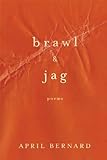 The Millions: And now, a question for each of you individually. April, early praise of your recently published poetry collection Brawl & Jag invokes comparatives and superlatives — “the most powerful, intimate, lucid, and indelible she’s ever written” (Wayne Koestenbaum), and “as if the poet set fire to all her earlier work and wrote these new ones in the light of those flames” (Mark Wunderlich). Blurbs are blurbs, but tell us about Brawl & Jag in the context of your body of work and/or your life. Is this a “letting loose” collection? The title would suggest so (along with the opening poems “Anger” and “Blood Argument” and an unflinching poem about merciless parents and a cat murder).
The Millions: And now, a question for each of you individually. April, early praise of your recently published poetry collection Brawl & Jag invokes comparatives and superlatives — “the most powerful, intimate, lucid, and indelible she’s ever written” (Wayne Koestenbaum), and “as if the poet set fire to all her earlier work and wrote these new ones in the light of those flames” (Mark Wunderlich). Blurbs are blurbs, but tell us about Brawl & Jag in the context of your body of work and/or your life. Is this a “letting loose” collection? The title would suggest so (along with the opening poems “Anger” and “Blood Argument” and an unflinching poem about merciless parents and a cat murder).
AB: We do not always know what we have “done” when writing — though since my two readers/blurbers, Wayne and Mark, note a new direction in this book I am happy to agree with them. I feel much freer in my life — bolder, less apologetic in disagreeing with so very much in our culture and in my own history. My working title for this collection was “Arguments and Elegies” — then, as the book was finishing, I switched out the Latinate for the Old English. But something I assert in the final poem is important to me as well — that there is a “sluice of sweet delight” running through my work and my life that accompanies all the brawls and the jags. It is inexplicable; but I know I have experienced, do experience, a kind of grace. I love the world, hard love though that is.
The Millions: Jennifer, the review that most lured me to Mayumi and the Sea of Happiness was the Kirkus, in which the novel is described as “at once voluptuous and spare.” Then, when you and I got in touch, I saw that your email address includes the words “ardor” and “austerity.” Can you talk about these twin forces — in Mayumi, in your literary interests, in your way of life?
 JT: I’m so glad you asked about ardor and austerity — two of my favorite “twin forces” (and also the twin stars of my book Red Flower, White Flower). The word pairing comes from Iyengar’s definition of the Sanskrit word tapas, which he defines as “ardor and austerity.” (Italics mine.) As a biracial reader/writer/human being who has spent a lifetime critiquing dualism, I gasped when I read that. It proposes that two things commonly known in English as opposing forces, are, in fact, kindred actions. While Iyengar applies ardor/austerity to the practice of yoga, we can apply it beautifully to the practice of writing, to the practice of any art. Often, even the most ardor-driven work is born of an austere practice. We sit down to write, we encounter emptiness, we wait, we sit down to write, we encounter emptiness, we wait, and so on. Over time, we make discoveries. Somewhere along the way, this practice, this sitting, this encountering, this waiting, this returning to make discoveries, becomes a pleasure. Instead of having to discipline ourselves to practice, we develop a longing to practice. It’s an ideal state for an artist to attain, one in which discipline and longing are one.
JT: I’m so glad you asked about ardor and austerity — two of my favorite “twin forces” (and also the twin stars of my book Red Flower, White Flower). The word pairing comes from Iyengar’s definition of the Sanskrit word tapas, which he defines as “ardor and austerity.” (Italics mine.) As a biracial reader/writer/human being who has spent a lifetime critiquing dualism, I gasped when I read that. It proposes that two things commonly known in English as opposing forces, are, in fact, kindred actions. While Iyengar applies ardor/austerity to the practice of yoga, we can apply it beautifully to the practice of writing, to the practice of any art. Often, even the most ardor-driven work is born of an austere practice. We sit down to write, we encounter emptiness, we wait, we sit down to write, we encounter emptiness, we wait, and so on. Over time, we make discoveries. Somewhere along the way, this practice, this sitting, this encountering, this waiting, this returning to make discoveries, becomes a pleasure. Instead of having to discipline ourselves to practice, we develop a longing to practice. It’s an ideal state for an artist to attain, one in which discipline and longing are one.
The Millions: Idra, since we’re talking about genre here, tell us about the influence of mystery/noir on you as writer and reader. When did you know that this novel’s plot was going to be driven by a genre-esque disappearance? Are you a mystery novel reader, or a Hitchcock fan, or a Law and Order junkie? I’m also curious about your process of developing the novel’s wonderful collage form.
IN: My dad is an Agatha Christie junkie. I watched endless Hercule Poirot mysteries on the BBC with him when I was growing up. After I left for college, I never watched those Agatha Christie shows again and I think something in me longed for the noir-y pleasure of them. I knew from the first draft of Ways to Disappear that I wanted to work in something about online poker and the ways that publishing writing and translations often feel like a crapshoot. As for the definitions and radio announcements and the novel’s mashup of forms, if a section didn’t push the world of the novel outward in some way, if it didn’t surprise me as a writer, I deleted it and tried something wilder. I wanted the form of the book to be the continual subversion of form.
The Millions: And lastly — Jennifer, I understand you are currently working on another novel. April, your new poetry collection has just been published, and the book before this was a novel. Idra, you’re going to be teaching in an MFA program in the fall, and I’m wondering if you’ll be teaching fiction or poetry or both. So my question for all of you is whether poetry or fiction is “winning out” for your time/attention right now and going forth; and how you balance the two impulses/interests? Are any of you able to work in earnest on poems and fiction at the same time?
JT: For the first time in my life, I’m writing poetry and fiction in tandem. This will sound insane, but the other morning I was literally working on a poem and on my novel, writing a line or two on one manuscript then switching to the other manuscript to write a line or two and so on. It scared me a little, but it was thrilling.
IN: I also enjoy working on poetry and fiction in tandem. The other day I was editing a short story and then turned to a prose poem about a man who gives birth to a panda, which I’d already sent to an editor who accepted it. But as I worked on the story, something occurred to me about the man and his experience of gestating an endangered animal that I hadn’t thought of earlier. Like Jennifer, I find it thrilling to jump back and forth between various manuscripts and surprise myself with the ways one might lead to new meanings or questions in the other.
AB: I guess I already answered this in another context. I do them both at once — (but not on the same day! Jennifer, that does sound divinely mad!) — and I have plans for new poems and for new stories going on right now.
The Millions: And related to this — the true final question — while I’m framing this as if the two endeavors are in opposition, please do share the ways in which you think they nourish and instruct each other.
JT: In its finitude, poetry revives the prose writer in me like a rest stop during a long journey. The sense of completion one feels after finishing a poem is especially gratifying for a novelist. The novel offers freedom, a break from intense scrutiny; one can roam its frontiers in a more anonymous way, as someone else. (Though poets too find ways to be anonymous.) A writer can learn a lot about her own motives and priorities by turning a poem into a paragraph or a paragraph into a poem, by turning an entire novel into a single poem and vice versa.
IN: I’ve found the process of turning a poem into a paragraph or vice versa to be profoundly illuminating also. And the break from intense scrutiny that the novel offers hadn’t occurred to me, Jennifer, until I read your response, but I think that was probably one of the reasons I found it so pleasurable to work on Ways to Disappear. I worked on it for four years before showing it to anyone but a few close friends. I think that period of time writing without taking part in a workshop, without figuring out what genre it might be, or who might read it, was tremendously freeing.
AB: Fiction frees the liar in me; poetry entraps the truth-teller. But fiction is a trudge and poetry is a dance. I need both.
Image Credit: Pixabay.






